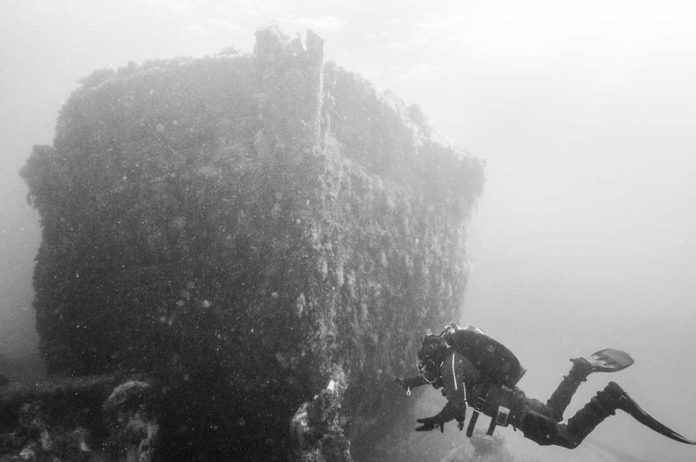Save the fresh, clean waters of Manitoulin Island
To the Expositor:
Have you considered what a privileged people we are to live on Manitoulin with what seems to be an abundance of fresh water all around us?
We need to appreciate the beautiful, clean, pure water we enjoy and use daily. It is indeed a treasure to which many people in the world do not have access. Do you realize that this gift, as it is now, may not always be available to us?
Fresh clean water is a scarce resource in the world. More than 97 percent of the water on earth is saline, and occurs in seas and oceans. About 2/3 of the available fresh water is trapped in glaciers and ice caps. The remainder, or less than one percent of the total fresh water on earth, includes water in our atmosphere, lakes, rivers and streams, wetlands and the ground. (Health Canada 1997).
Without water, there can be no life. We realize that we must do more than just enjoy water and consume it; we must become its caretakers as well. The “quality” of water is a very fragile thing and sometimes a very small contaminant or a careless practice can greatly affect a large volume of water. It is generally easiest to prevent problems than try to remedy them after the damage has been done.
Pollution Prevention occurs when people change their plans, practices, and habits in order to reduce the generation of pollution and waste at the source. It also includes making smart choices both in what we buy and in how we use the products.
Because we strongly believe that “The Solution to Pollution is Education,” we are asking you to read this information and consider what you can do to protect the water quality of Lake Huron and the lakes on Manitoulin Island.
If we follow the guidelines, listed below, we will greatly reduce the amount of phosphorous that enters the lake and we will avoid fuelling the algae growth, which depletes the available oxygen in the water.
We urge you to adopt at least some of these practices into your lifestyle at your cottage or home this summer. Also, please share this information with your neighbours, because Healthy Shoreline Practices benefit everybody.
It’s all about looking after the environment. If each one of us does his or her part to respect, protect and conserve the environment, then the environment will do its part and look after us.
Then we will continue to enjoy living on the waterfront that is so special to each one of us and we will protect it for our children and our grandchildren.
The Healthy Shore List:
How does your waterfront check out?
• plant a buffer zone of native vegetation close to shore
The tangle of roots filters impure runoff from your cottage and slows erosion of the soil
• swear off pesticides and herbicides
They end up in the water and are bad news for aquatic life
• opt for a floating or pipe dock
It causes the least disturbance to the shoreline lakebed
• “soften” hard walkways and drives
Unlike asphalt, pea gravel or wood chips soak up runoff
• preserve your property’s mature trees
Their deep roots stabilize the slope down to the water
• forgo fertilizers/upgrade your leaky septic system
Both send phosphorus into the lake, fuelling algae growth and depleting oxygen
• leave fallen trees and branches in the shallows
Wood nourishes all sorts of underwater critters and provides cover for fish
• keep oil and gas well away from the water’s edge
Even a minor oil spill has big consequences for vulnerable lake dwellers
• use untreated wood for shoreline structures like docks
Preservative-free materials, such as cedar, are pricier but much safer for aquatic inhabitants
• kick the cottage lawn habit
Turf lets up to 55 percent of rainfall wash away
• share your waterfront wisdom with neighbours
Healthy shore practices benefit everybody, from cottagers/homeowners to fish (taken from Federation of Cottagers’ Associations).
The Lake Manitou Area Association
(The Lake Manitou Area Association began in 1993. Its aim is to preserve the quality of the water in Lake Manitou. If you wish to join our Association, contact Mike Costigan, president, 705-377-6640 or pjmcostigan@gmail.com or Don Payne, treasurer, 705-377-5284 or payne@interlog.com)




